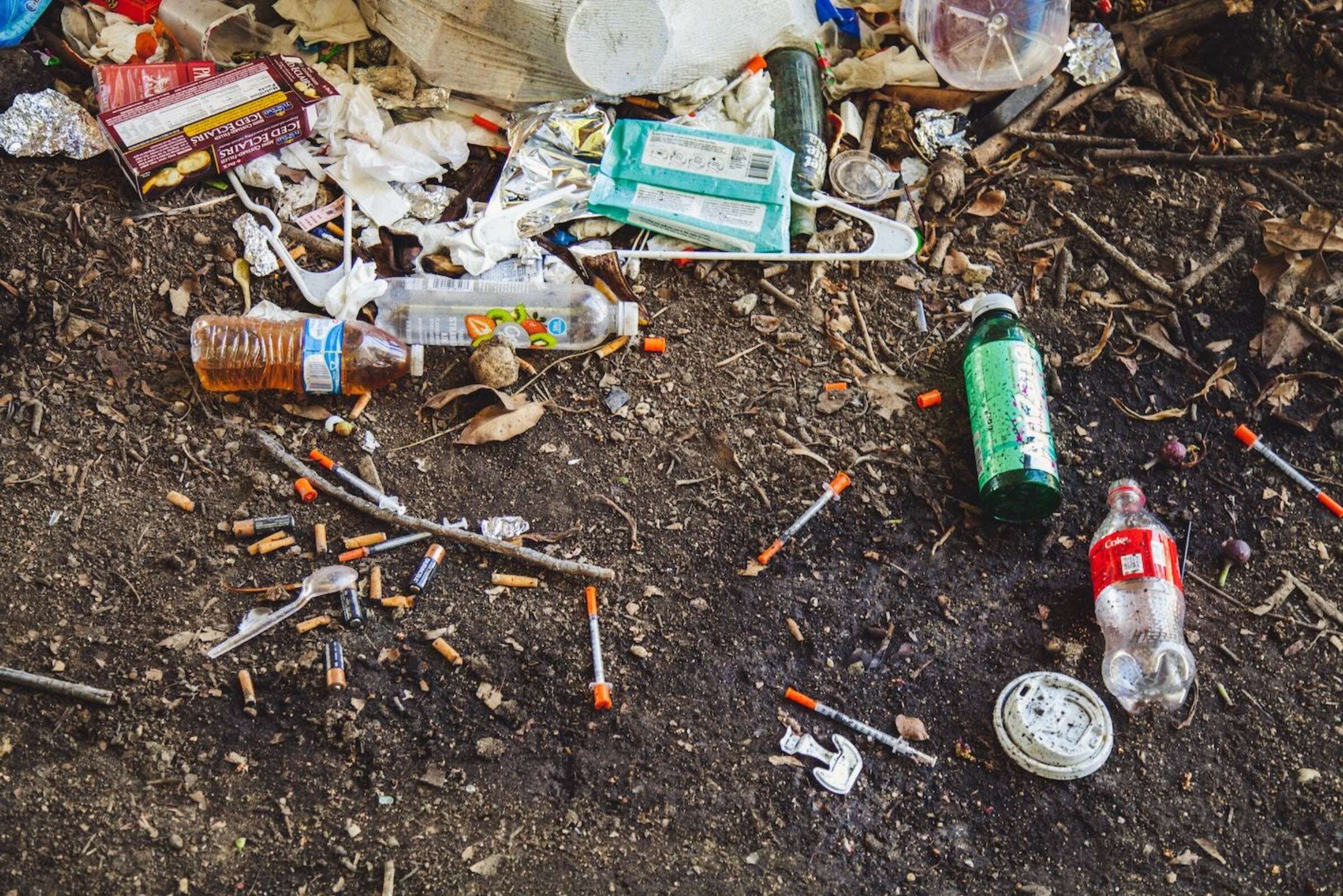Addiction
Addiction can be defined as having a dependency on mood-altering substances, experiences or activities even though the results are harmful. It is a problem that is increasingly common and affects all parts of society. People can be addicted to substances such as alcohol or drugs; they can also be addicted to activities such as eating, shopping, work or computer games. The internet and mobile phones have helped to increase the number of people with addictions to gambling and pornography and have created new addictions such as an obsession with social media.
The Bible book Jeremiah acknowledges people’s ability to kid themselves and others. It says ‘the heart is deceitful above all things…’.
Some people are more vulnerable to becoming addicts because of issues in their upbringing, their family history or their circumstances. For many people addiction starts with finding a sensual experience, which helps them cope with or blot out issues which cause pain or suffering. For others it is a way to find security, self-esteem or significance. The addict gets a chemical high in their brain from the substance or experience and continues to crave that sensation. This moves towards a dependency which becomes dangerous even disastrous for the individual. Over time, the addictive behaviour becomes normality for the brain, like the needle finding the same groove in a vinyl record. Worse, because the brain gets accustomed to the chemical high, a bigger buzz is needed to create the same sense of euphoria. Addiction not only damages the addict, it damages those around them. But addicts are often good at fooling themselves and others that everything is fine. The Bible book Jeremiah acknowledges people’s ability to kid themselves and others. It says ‘the heart is deceitful above all things…’. Addicts can become numb to the impact they are having on those around them. Another Bible book, Ezekiel, talks of people developing ‘hearts of stone’ as they create an idol in their lives.
Continued below...

Christianity teaches that God originally made humanity to have a close relationship with him and he provided everything that people needed. Things went wrong when humanity decided to go its own way. The Bible book Ephesians refers to people turning away from God ‘having lost all sensitivity, they have given themselves over to sensuality…’. But Jesus Christ told his followers that there was a route back to a close relationship with God – through him. Jesus said he could and would meet people’s deepest needs. In the Bible book, John, he says ‘I am the bread of life. He who comes to me will never go hungry, and he who believes in me will never go thirsty…’ In full, the passage in the Bible book, Ezekiel, referred to above offers similar hope: ‘I will cleanse you from all your impurities…I will give you a new heart.. I will remove from you your heart of stone…’
‘You will know the truth and the truth will set you free… If the Son (Jesus) sets you free, you will be free indeed…’
Addiction recovery and treatment programmes cannot begin to be effective until the addict is willing to admit the truth of their situation. This often involves going back to examine the original difficulties and feelings that been avoided or blotted out. Almost all recovery programmes include counselling – a safe, supportive place to deal truthfully with the past, present and future. Christians believe that only God can fully meet humanity’s deepest needs. They find that the best counselling relationship is with God through prayer – pouring out their feelings honestly to God. Alcoholics Anonymous has developed a 12-step recovery programme. The first step is honesty; the last one is forgiveness. This is because recovery needs to involve the whole person: physical, emotional and spiritual. In the Bible book, John, Jesus tells his followers, ‘You will know the truth and the truth will set you free… If the Son (Jesus) sets you free, you will be free indeed…’ Facing up honestly to the truth of a situation is vital in becoming free from the power of addiction.

What is salvation?

Forgiving ourselves

